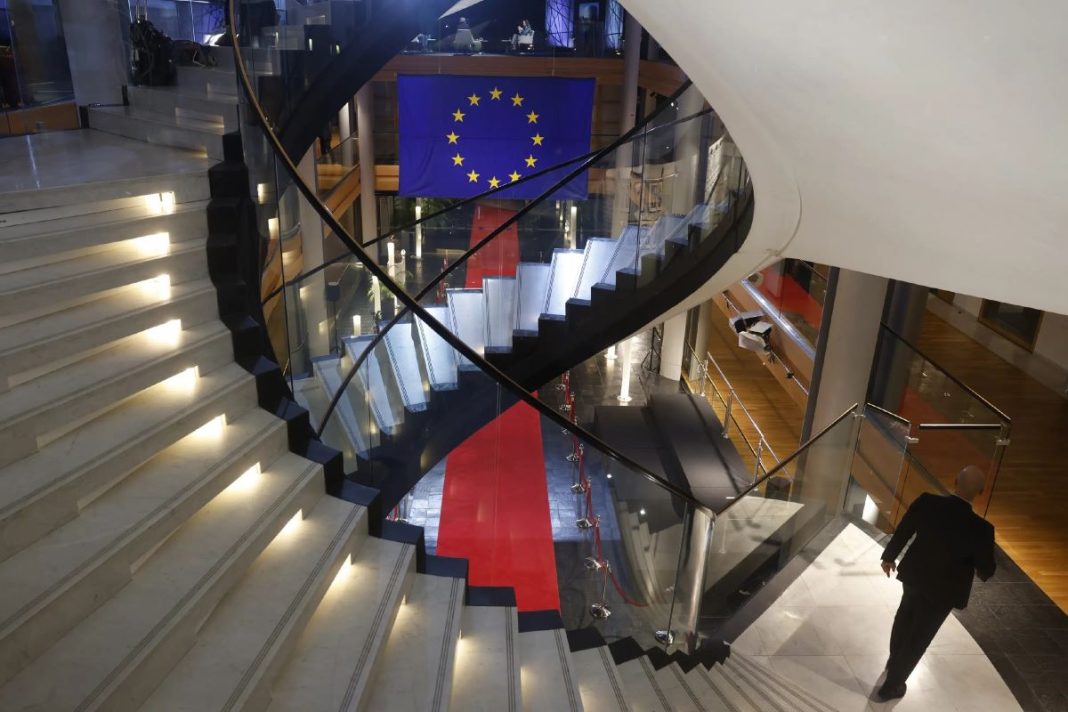The production and export of Captagon has boomed in Syria amid the fallout of the country’s bloody war. Catpagon from Syria is often smuggled across the border with Jordan from where it makes its way to the wealthier Persian Gulf states.
The EU move comes after the bloc’s western allies, the United States, and Britain imposed asset freezes and visa bans on Wasim Badi al-Assad and Samer Kamal al-Assad.
“The trade in amphetamine has become a regime-led business model, enriching the inner circle of the regime and providing it with revenue that contributes to its ability to maintain its policies of repression against the civilian population,” the EU said.
A third cousin of the president, Mudar Rifaat al-Assad, was also included on the blacklist, although no explicit reason was given.
Samer Kamal owns a factory in the coastal city of Latakia that produced 84 million Captagon pills in 2020, the US Treasury Department has claimed.
Others targeted by the sanctions include Nouh Zaitara, a known arms dealer and drug smuggler who is currently wanted by the Lebanese authorities for drug trafficking; and Hassan Dekko, a Lebanese-Syrian national dubbed by local media as “the king of Captagon”.
The sanctions come as Syria’s neighbours ramp up efforts to bring Damascus back into the regional fold, concerned about the implications of leaving the country as a pariah state on their borders.
Saudi Arabia is leading those efforts ahead of an Arab League summit it is hosting in May.
However, it is receiving some pushback from members concerned Assad isn’t making concessions on issues like cracking down on Captagon.
The EU also imposed sanctions against private security firms for helping the Syrian government recruit fighters, along with Russian engineering and construction company Stroytransgaz over its control of the country’s largest phosphate mines.
